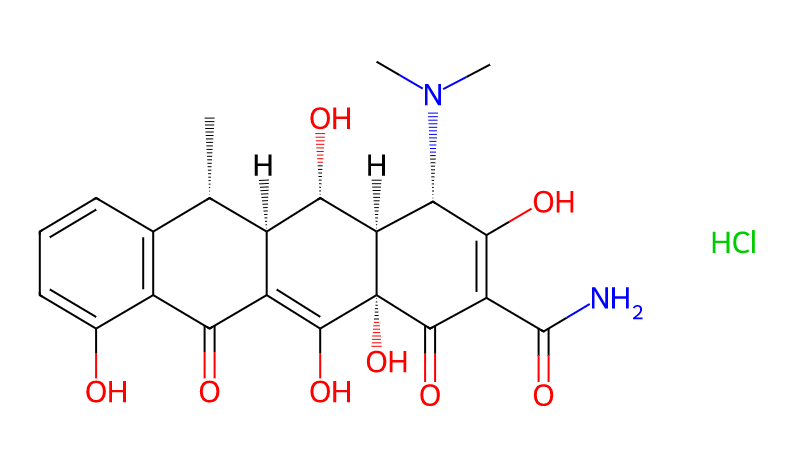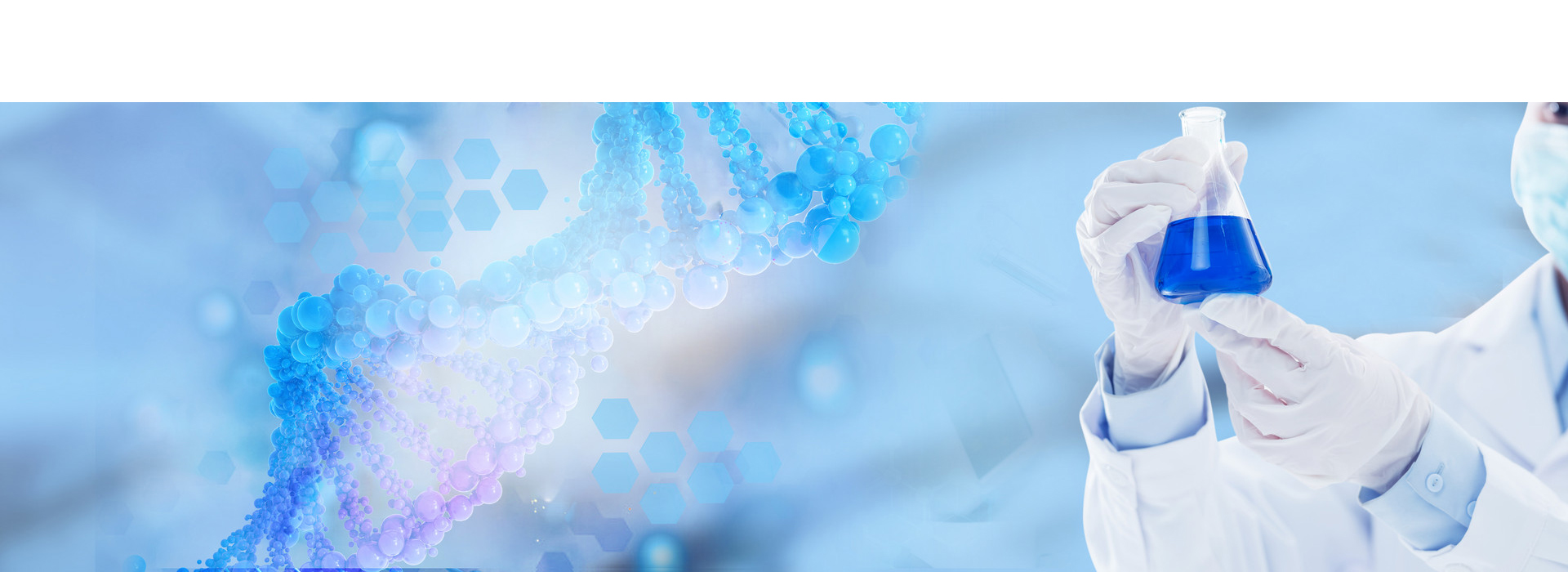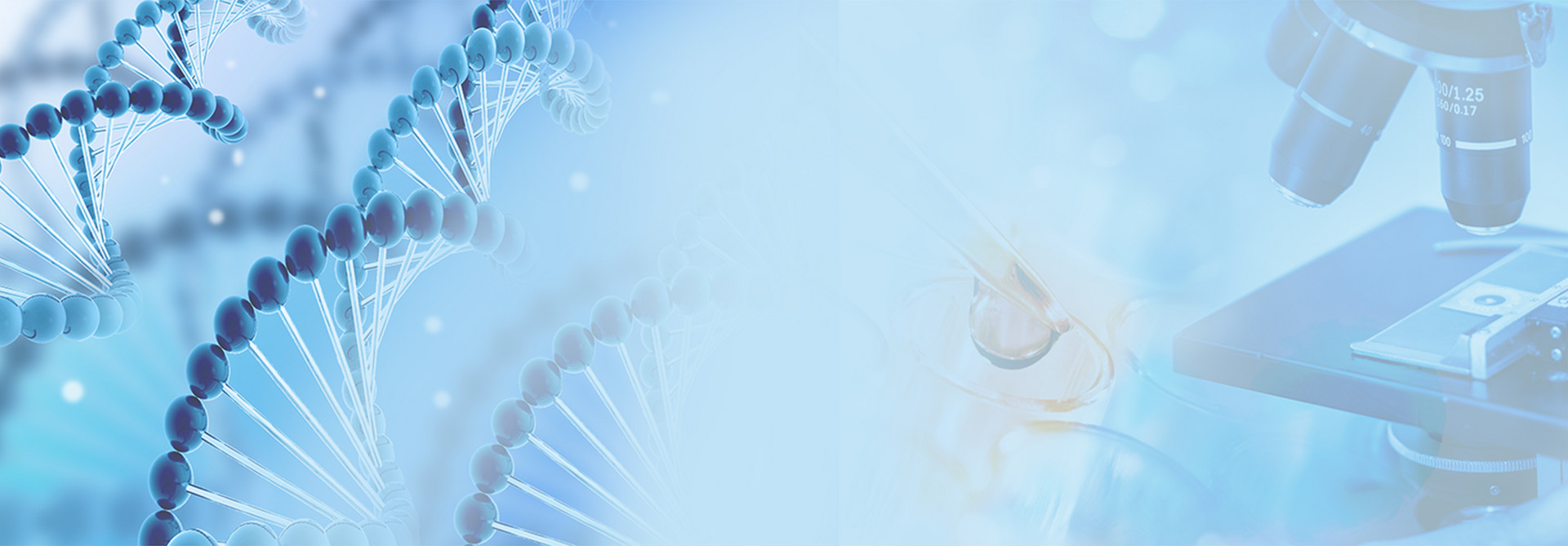- Synthetic anti-infective drugs
- Medications for the digestive system
- Antipyretic and analgesic drugs
- Medications for the blood system
- Medications for the respiratory system
- Anti-allergic drugs
- Medications for the urinary system
- Diagnostic medications
- Immunosuppressive and immunomodulatory drugs
- Vitamins and mineral supplements
- Antioxidants and medications for osteoporosis
- Antiparasitic drugs
- Ophthalmic medications
- Amino acids and their derivatives
- Dermatological medications
- Medications for the circulatory system
- Antitumor drugs
- Medications for the nervous system
- Hormonal and endocrine function-regulating drugs
- Antibiotics
- Others
CAS Number: 10592-13-9




I. Basic Information
Product Name: Doxycycline hydrochloride
CAS Number: 10592-13-9
Molecular Formula: C22H25ClN2O8
Molecular Weight: 480.90 (or 480.896)
II. Physical Properties
Appearance: Light blue or yellow crystalline powder, also described as a powdered form in some sources.
Solubility: Easily soluble in DMSO, water, and methanol; slightly soluble in ethanol and acetone.
Purity: Typically ≥98%
Density: Approximately 1.63 g/cm³
Boiling Point: 762.6ºC at 760 mmHg (or 773.2ºC at 760 mmHg, with slight variations in data from different sources)
Flash Point: 415ºC (or 421.4ºC, with slight variations in data from different sources)
Melting Point: 195-201°C
III. Chemical Properties and Biological Activity
Chemical Properties: Odorless with a bitter taste, and hygroscopic.
Biological Activity:
Orally effective broad-spectrum metalloproteinase (MMP) inhibitor.
Has antibacterial activity against both Gram-positive cocci and Gram-negative bacilli, with a broader antibacterial spectrum and approximately 10 times stronger antibacterial activity than tetracycline. It is also effective against tetracycline-resistant bacteria.
Demonstrates anticancer cell proliferation activity. In glioma cell lines, high concentrations of doxycycline hydrochloride can inhibit cell growth.
IV. Uses and Applications
Medical Uses: Used to treat various infections caused by sensitive bacteria, such as rickettsial diseases, Mycoplasma infections, and Chlamydia infections.
Research Uses: In molecular biology research, it is often used as an inducer to induce gene expression. In cells or model animals with a tetracycline (Tetracycline)-inducible expression (Tet-ON/Tet-OFF) system constructed, the expression of the target gene can be precisely controlled ON and OFF by adding or removing doxycycline.

Tai Yau Street, San Po Kong, Kowloon, Hong Kong, China.



